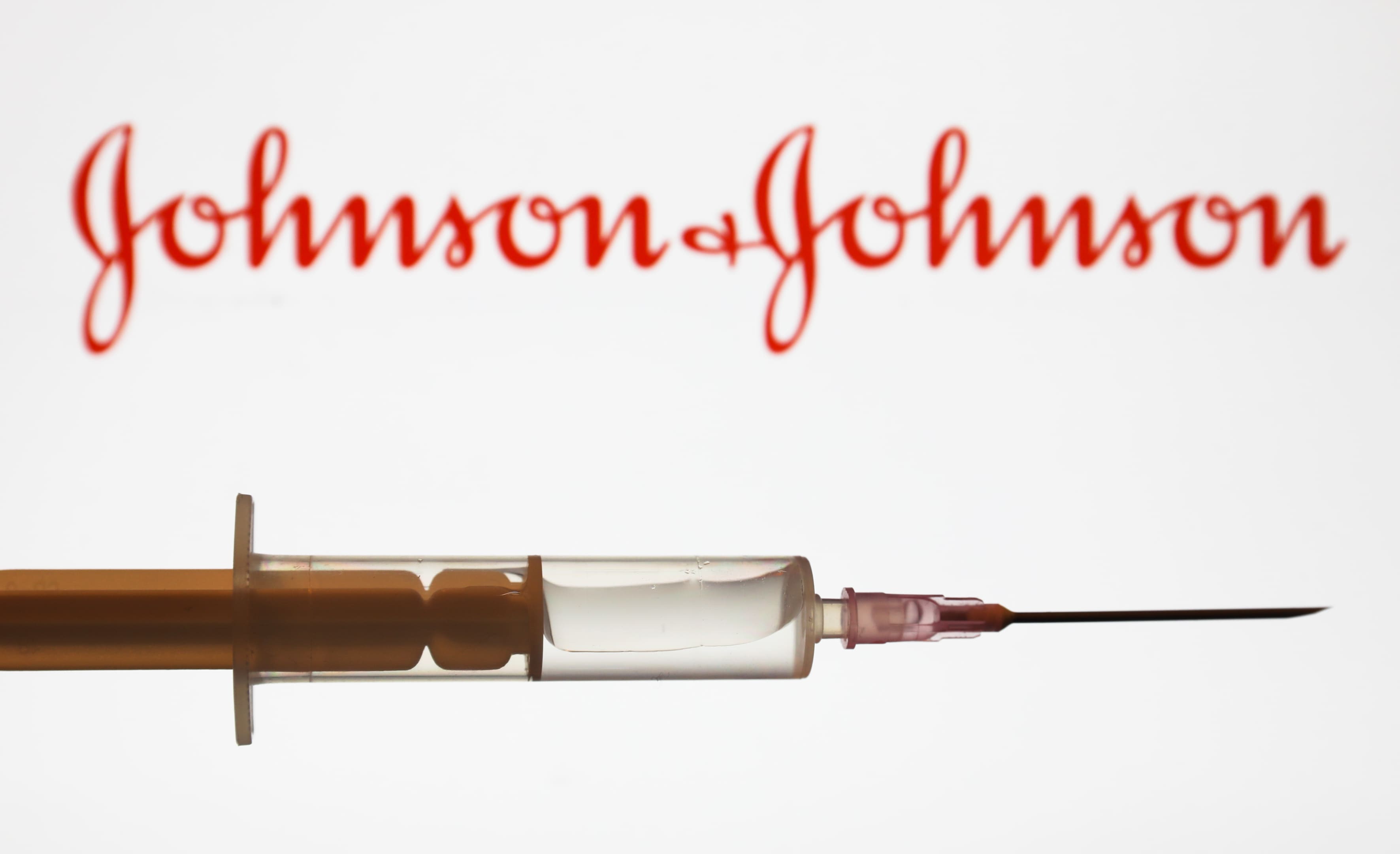Johnson & Johnson’s coronavirus vaccine trial is paused after ‘adverse event’ in a participant

Johnson & Johnson‘s late-stage coronavirus vaccine was paused after a participant reported an “adverse event” about 36 hours earlier, the company’s chief financial officer said Tuesday.
The pause will allow the data and safety monitoring board to thoroughly investigate the unexplained illness, CFO Joseph Wolk said in an interview on CNBC’s “Squawk Box.”
“We’re letting safety protocol follow proper procedure here,” he said, adding that pauses in trials are “not uncommon.”
“What it should also do is reassure the public that every scientific, medical and ethical standard is being applied here,” Wolk added.
J&J confirmed to STAT News on Monday that a “pausing rule” in the 60,000-patient clinical trial had been met, but declined to provide further details on the patient.
“We must respect this participant’s privacy,” the company said in a statement late Monday. “We’re also learning more about this participant’s illness, and it’s important to have all the facts before we share additional information.”
J&J began its phase three trial testing of its potential coronavirus vaccine last month, becoming the fourth drugmaker backed by the Trump administration’s Covid-19 vaccine program Operation Warp Speed to enter late-stage testing.
J&J has said it is using the same technologies it used to develop its experimental Ebola vaccine. It involves combing genetic material from the coronavirus with a modified adenovirus that is known to cause common colds in humans. Preclinical studies have shown the potential vaccine can generate a promising response in nonhuman primates and hamsters.
J&J isn’t the first frontrunner in the race for a vaccine to halt a late-stage trial due to an unexplained illness.
AstraZeneca announced on Sept. 8 that its trial had been put on hold due to an unexplained illness in a patient in the United Kingdom. The patient is believed to have developed inflammation of the spinal cord, known as transverse myelitis. The trial has since resumed in the U.K. and other countries, but is still on hold in the United States.
Wolk said Tuesday there’s a distinction between a study pause and a regulatory hold. A hold is a requirement by a health authority, like the Food and Drug Administration, he said. AstraZeneca initiated its action, but the FDA put a regulatory hold on it.




